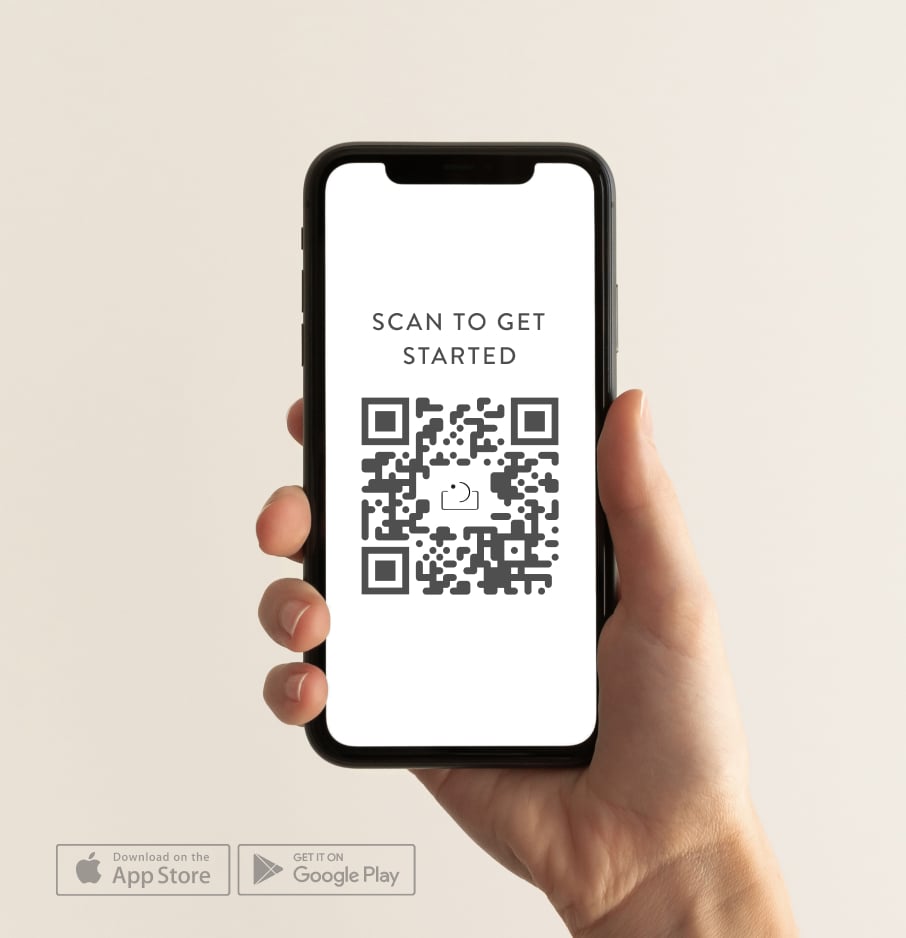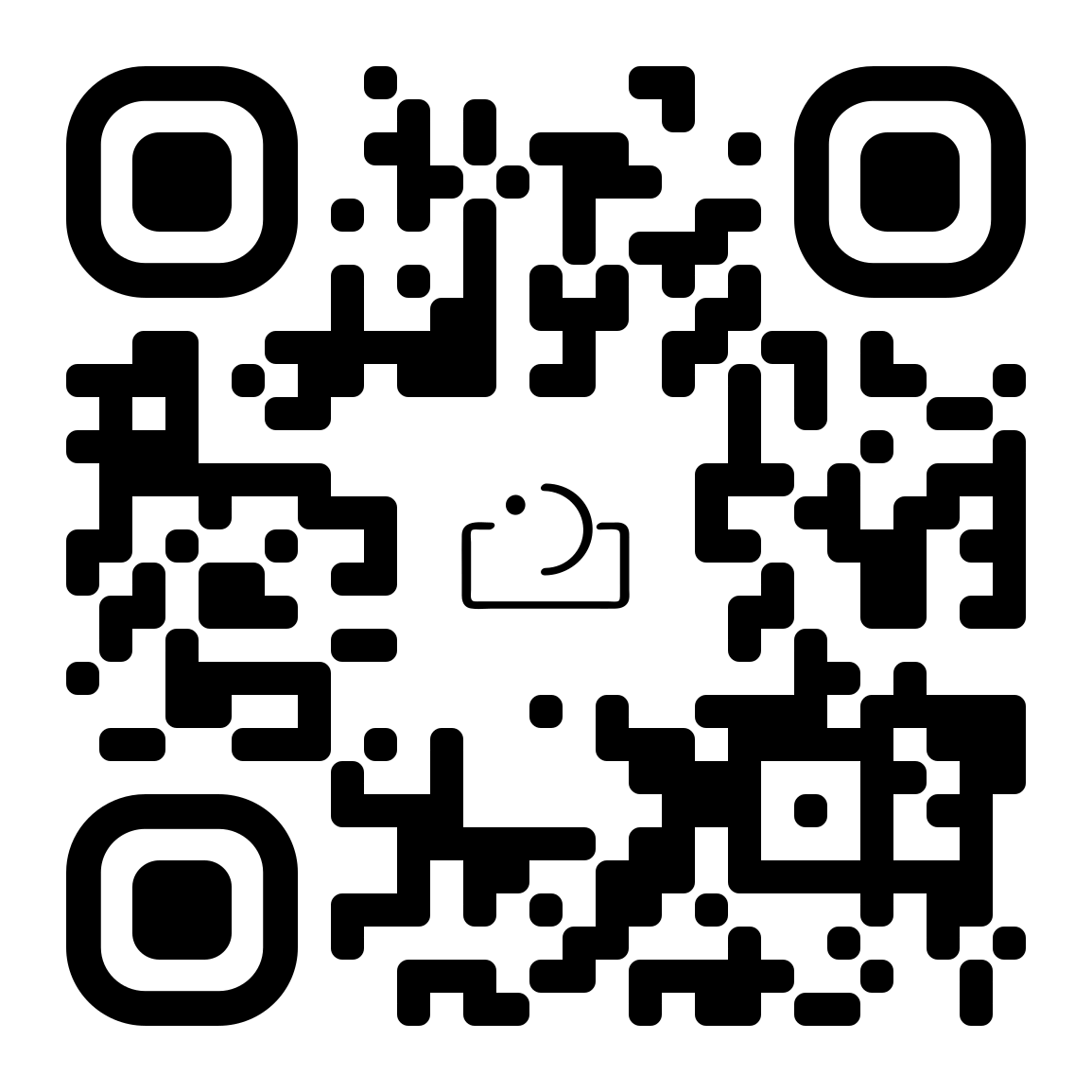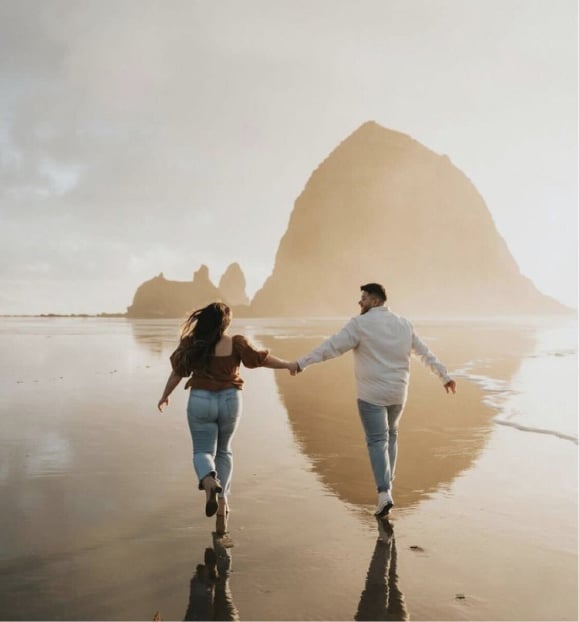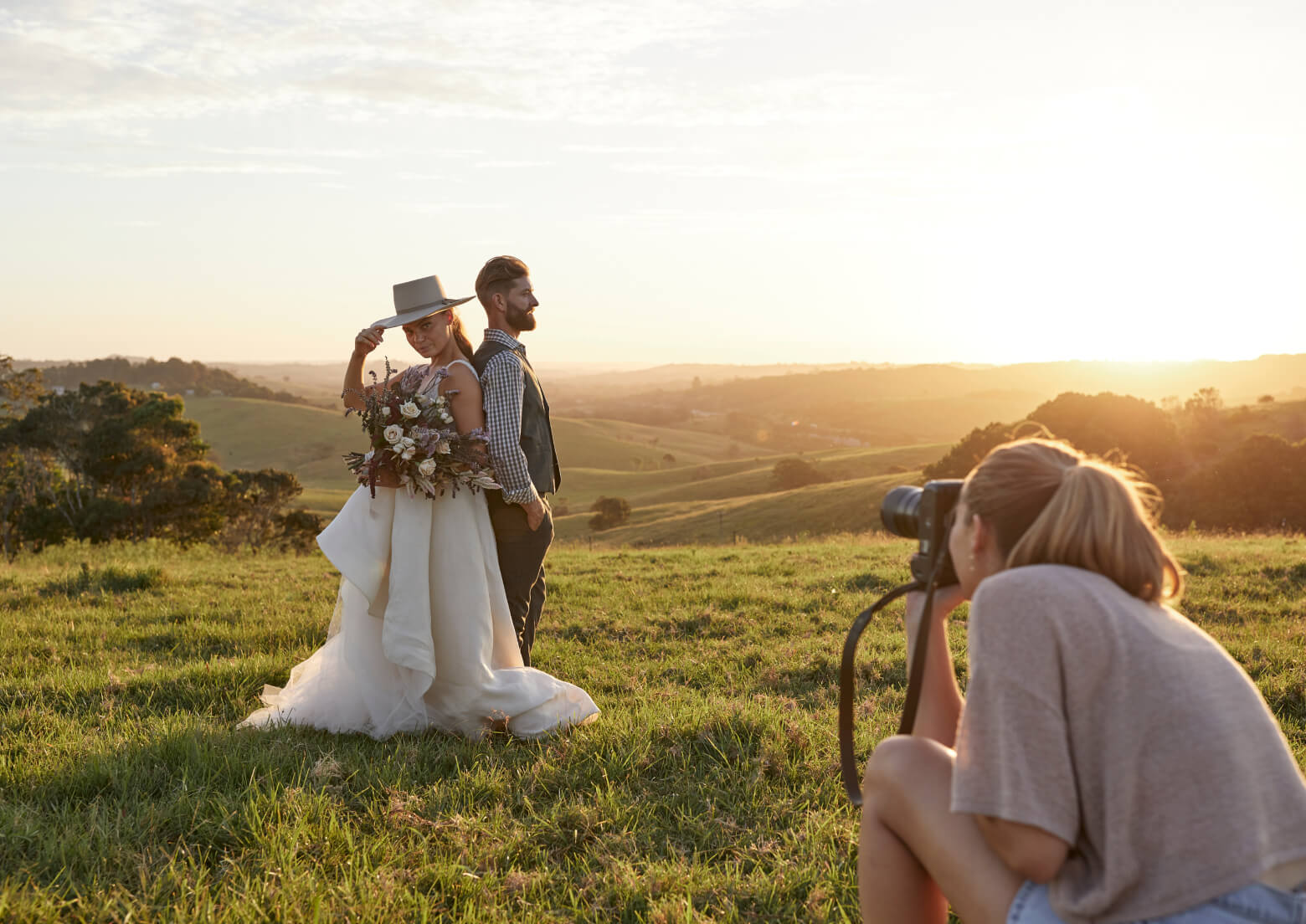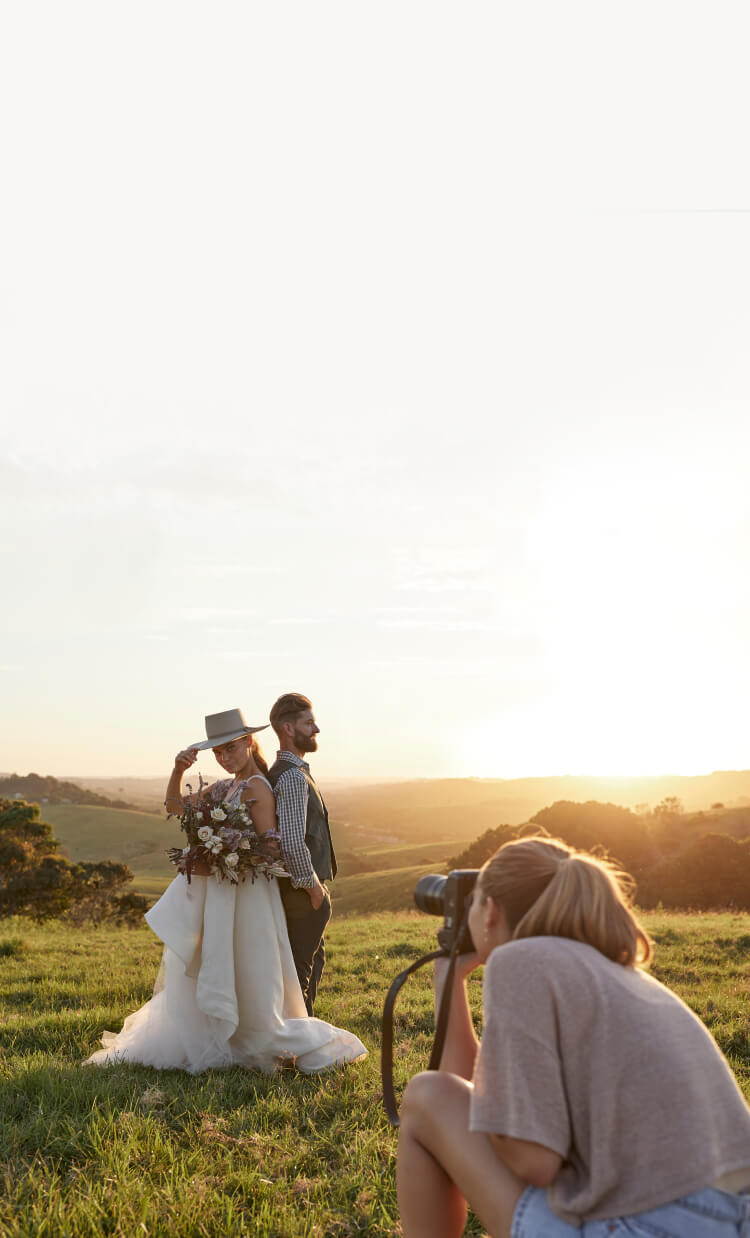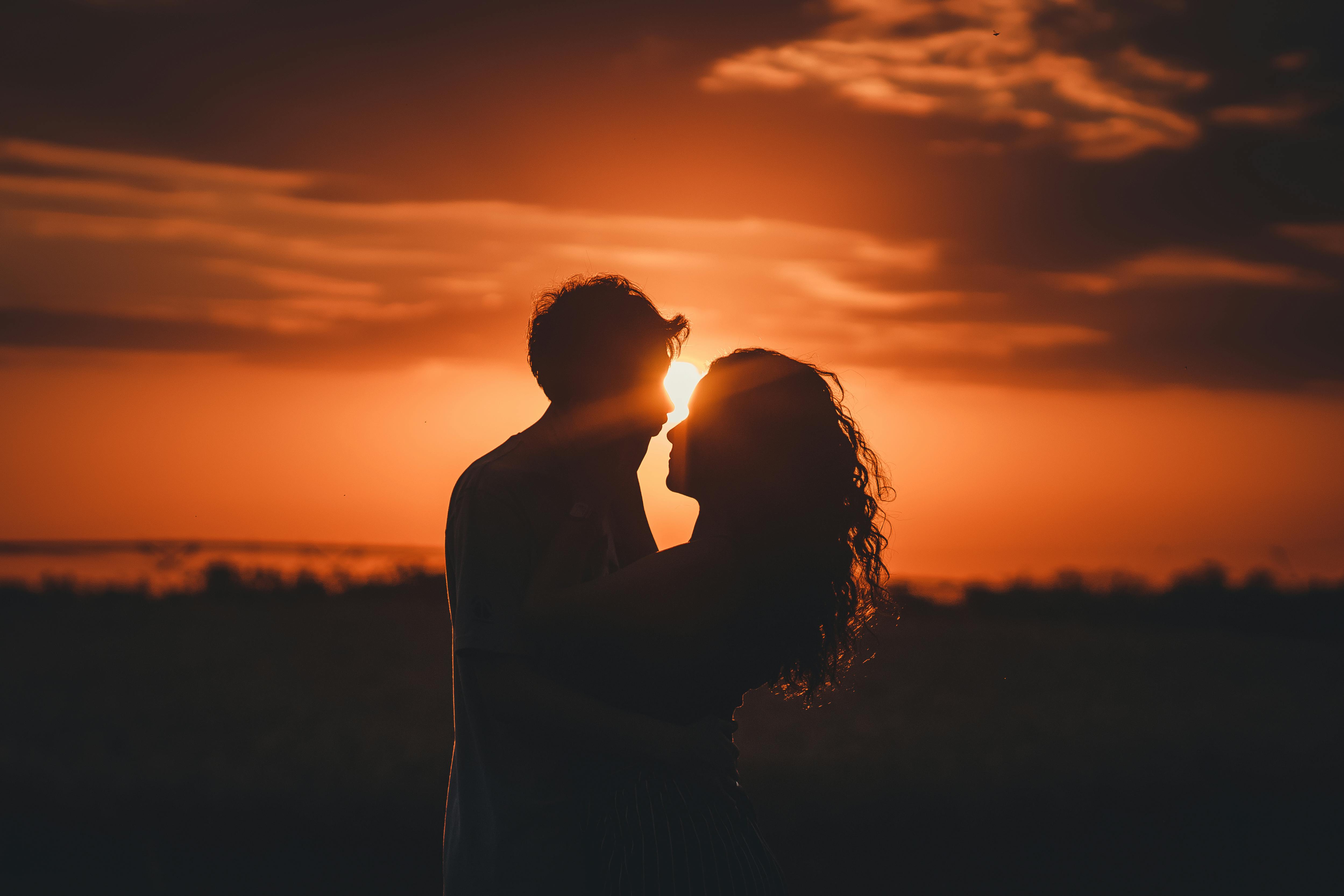
Education
5 tips to nail compositions in portrait photography
Looking to compose photos like a pro? These 5 tips will get you started!

Posing, Motherhood
Top 5 posing ideas for mother’s day photoshoot
Rock your next mother’s day photo sesh with these 5 posing ideas!
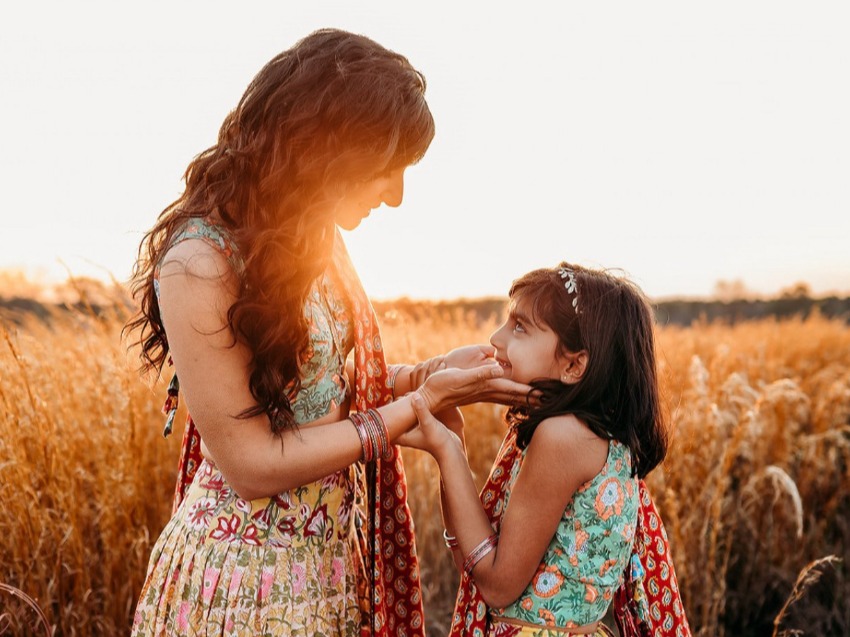
Motherhood, Prompts
5 Mothers Day Photography Prompts
How to capture stunning and emotional motherhood photos at your next session!
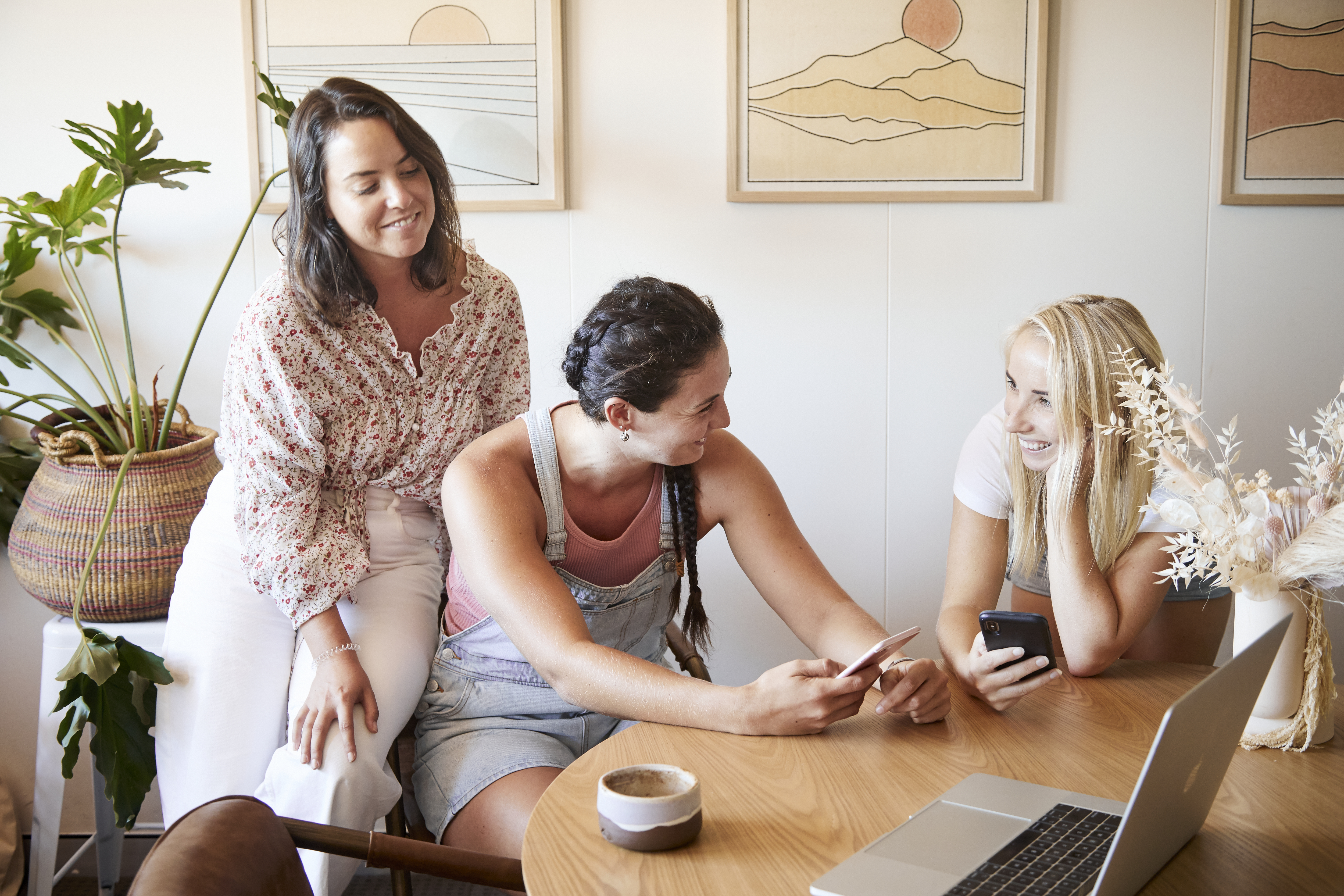
Business, Education
How to collaborate with other photographers
Here’s all the tips and resources to grow your photo biz while making new friends in the industry!
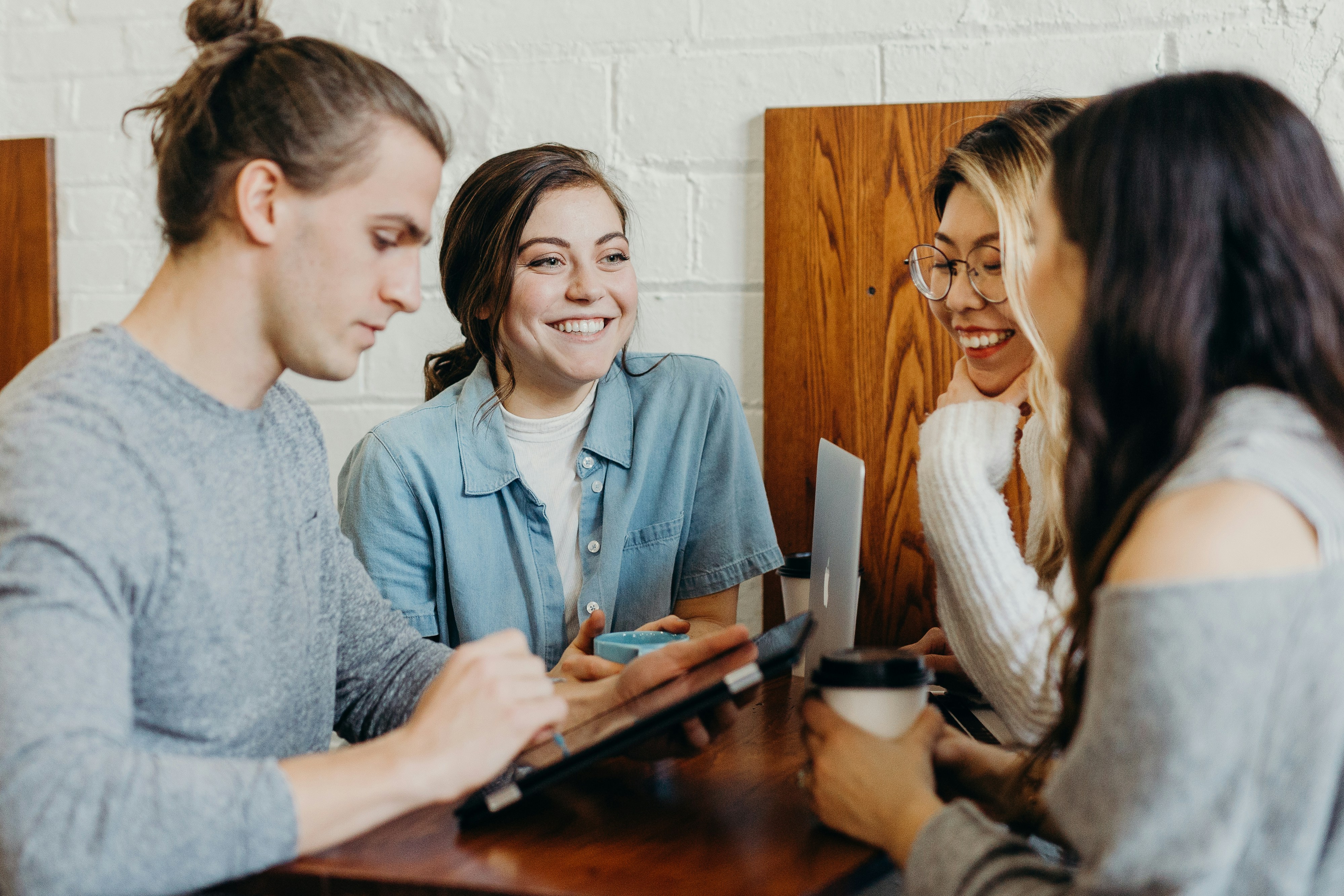
Marketing, Creative shoots, Business
How to find photography clients & stay booked as a new photographer
Here are our best tips for staying booked and finding photography clients near you, no matter where you live!

Business
Best CRM for photographers
This CRM will supercharge your photography biz
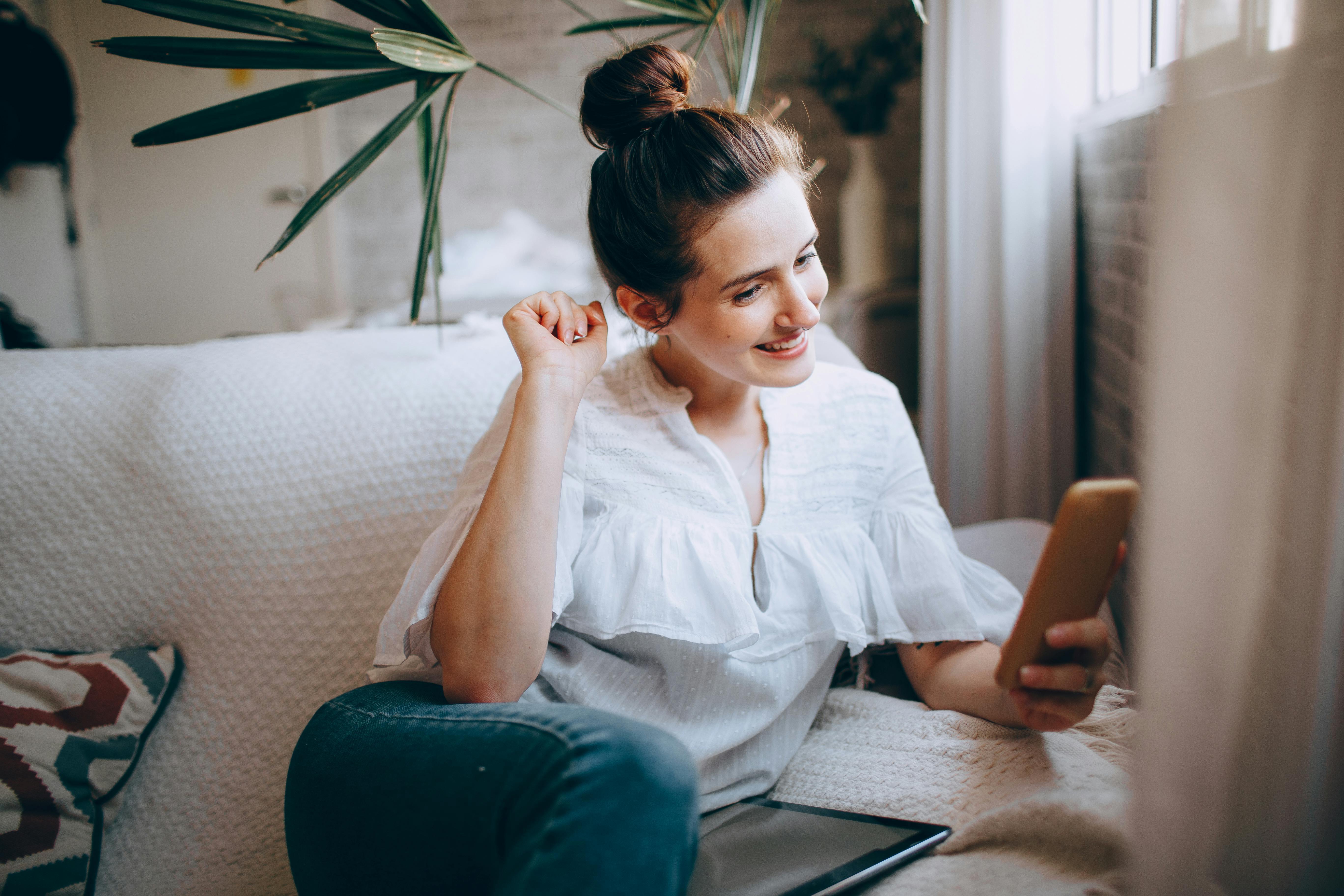
Education, Marketing
Top photography questionnaire tips
Craft a powerful photography questionnaire that gets your clients every time

Education
What is blue hour?
Here’s why you should stick around after the sun sets.

Education
How to shoot manual photography
Bookmark these must-know camera settings for your next shoot.
